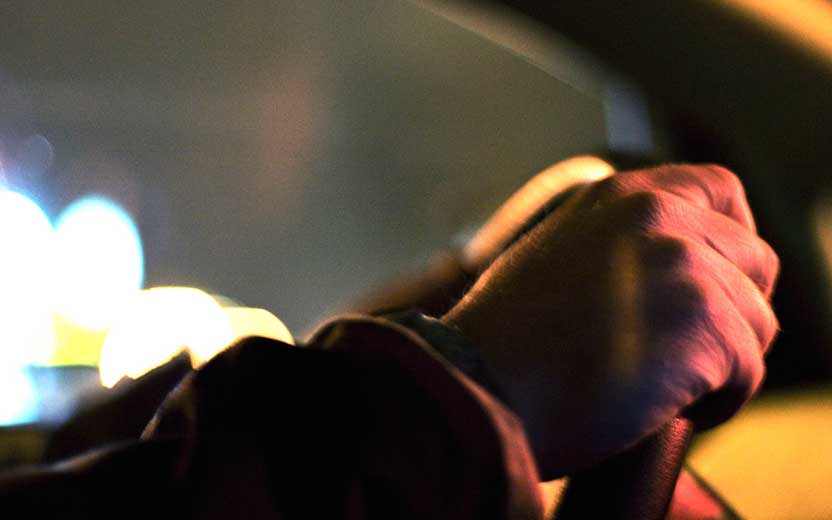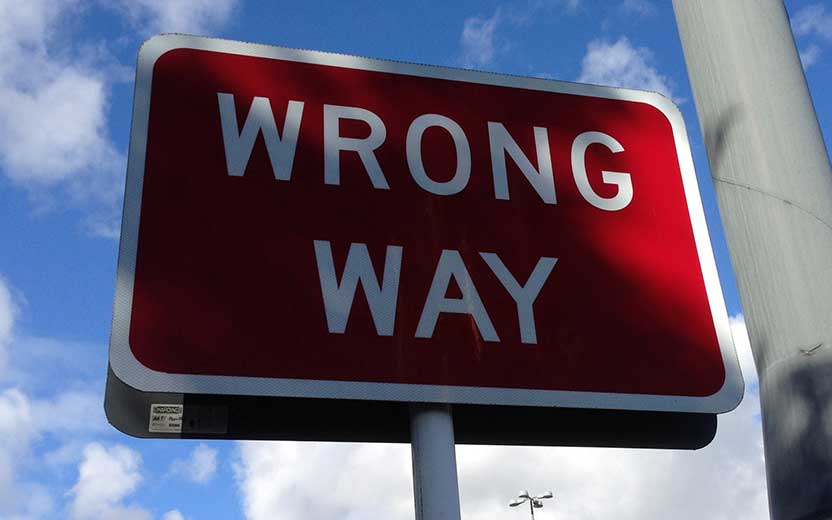By Marcus Fernandez
The number of motor vehicle accidents caused by distracted driving has continued to rise, according to the latest figures published by the Florida Department of Highway Safety and Motor Vehicles. There were 50,190 collisions, which is almost 1,000 more than the previous year. These accidents resulted 3,069 injuries and 220 fatalities in 2017. Is Florida doing enough to prevent distracted driving, or is there more we could be doing to lower these numbers?
Reducing the danger posed by distracted driving is challenging because there are multiple issues that cause distracted driving. The state legislature is addressing one by considering passage of a law making texting while driving a primary offense.
Why distracted driving is a difficult problem to solve
Distracted driving is any activity that causes a driver’s attention to be on something other than operating their motor vehicle. The most common causes of distracted driving are talking on a mobile device, or texting. A driver’s attention, however, can still be diverted for several other reasons:
- Eating and drinking: Reaching for that breakfast taco or coffee are distractions because you must focus on something other than the road.
- Navigation systems: GPS can save you time and prevent you from getting lost. It can also cause an accident when diverting attention from what is happening in front of and around your vehicle.
- Radio and entertainment systems: Listening to your favorite music is common, but tuning to the right station can take your eyes, hands and focus away from the task of driving.
- Talking to passengers: A heated conversation with a fellow traveler can be as deadly of a distraction as talking on a cell phone.
Reading, applying makeup, or brushing your hair are all potential distractions. Doing these things can divert attention long enough to cause an accident. Drivers who believe a quick glance toward the back seat or at the radio is not a big deal, may not realize that a vehicle traveling along a highway at 55 mph covers a distance equivalent to the length of a football field in just five seconds.
Multitasking is a myth
Florida does not prohibit drivers from talking on handheld cell phones while operating a vehicle. This is unlike the laws in other states requiring the use of hands-free devices. Studies have shown that using hands-free devices might not be a factor in preventing distracted driving.
According to the National Safety Council, engaging in a conversation on a cell phone, with or without a hands-free device, could cause a driver to miss up to 50 percent of what is going on directly in front of the vehicle. The reason is the brain’s inability to process multiple tasks at the same time.
Instead, it rapidly switches from one task to the other. This toggling occurs so quickly that the people do not realize it is occurring. Many believe their brains are processing two tasks at exactly the time, but they are incorrect.
The multitasking myth also holds true for drivers using talk-to-text applications. These applications, convert spoken words into dictated text messages. The fact that the driver is not typing the message does not eliminate the distraction. The brain is still toggling between dictating the message and driving.
Florida law and texting
The law in Florida prohibiting drivers from texting on their cellular devices while operating a motor vehicle is a secondary offense. This means that if an officer observes a motorist texting while driving, they are currently powerless to stop a vehicle. They must first witness that driver speeding or doing some other illegal act.
The “Texting While Driving” bill aimed to address that issue, but was halted in appropriations earlier last month. The proposed law would have made texting while driving a primary offense, giving law enforcement officers the authority to ticket drivers even if no other offenses were observed.
Seeking legal advice when distracted driving accidents occur
The Florida Department of Highway Safety and Motor Vehicles continues to raise awareness about the dangers of distracted driving. Public awareness campaigns have reminded drivers to keep the focus on driving. Despite State law, which imposes a duty on all Florida drivers to operate their vehicle in a manner that provides for the safety of others using the roadways, distracted driving continues to be a growing issue.
Anyone suffering injuries in an accident caused by a distracted motorist should seek legal advice about their right to compensation. If you’ve been injured in a distracted driving accident, contact us or call 813-279-6519 for a complimentary consultation.
With over 50 years of combined experience, our Tampa car accident lawyers have the experience to provide legal representation that puts your interests first, protects your rights, and seeks to resolve the problems that come with being involved in an accident. At KFB Law, we understand how unexpected events like this can turn your life upside down. Our attorneys will work tirelessly to answer all your questions so you can be confident in knowing that your case will be handled.


